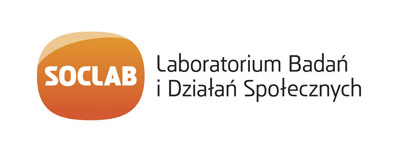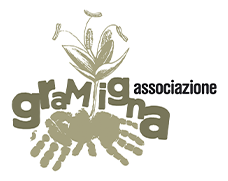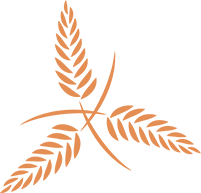EURECA
Good Practices
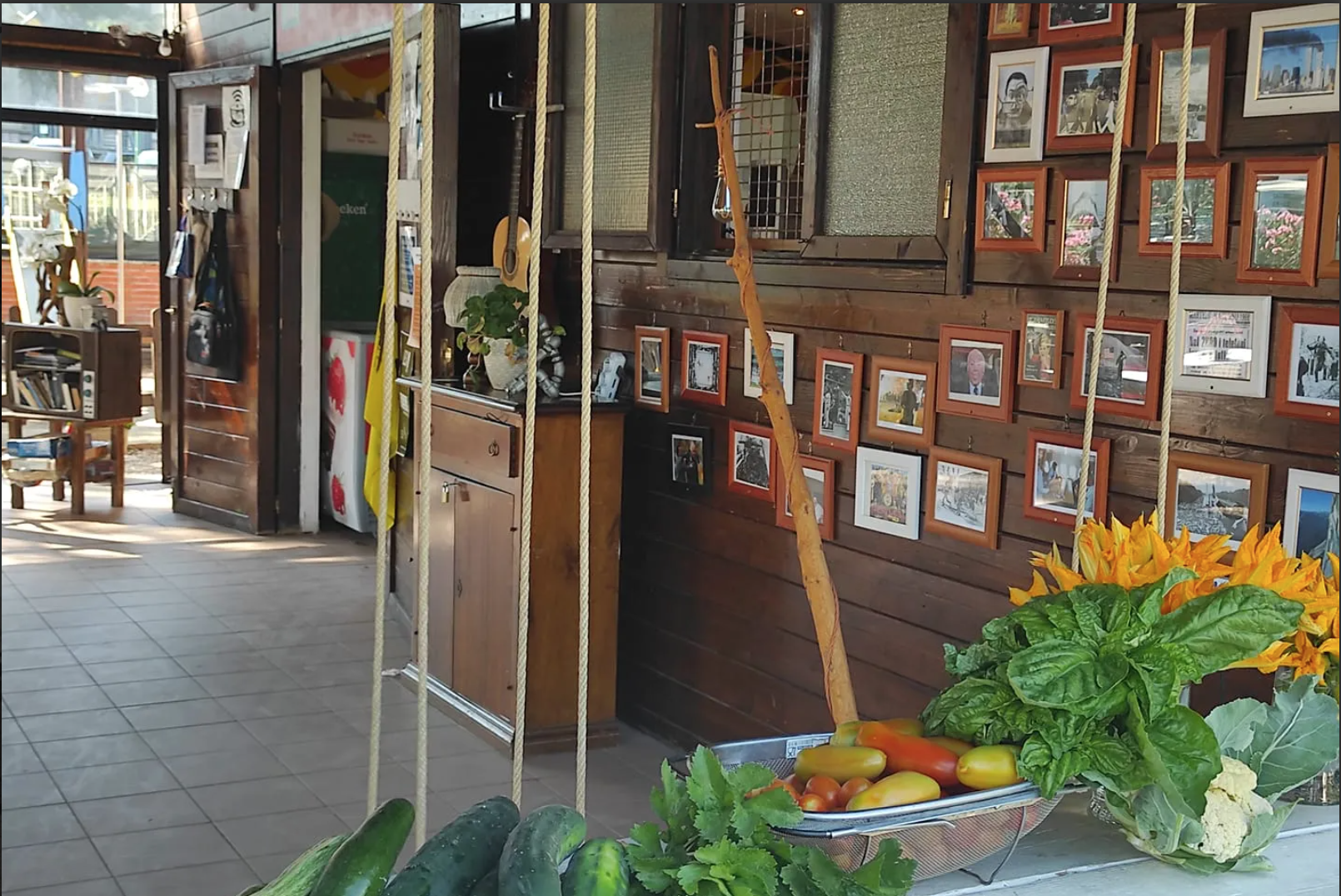
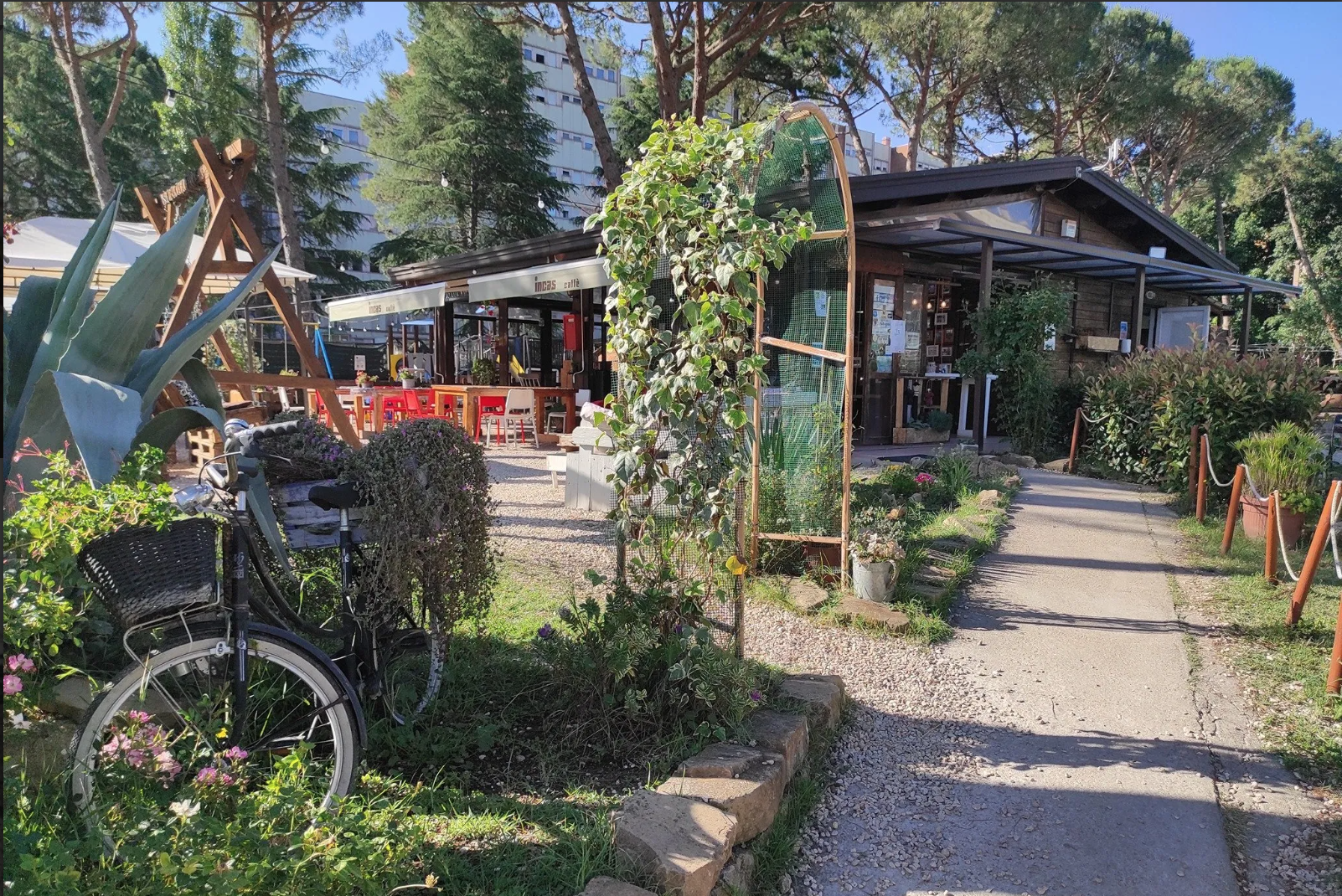
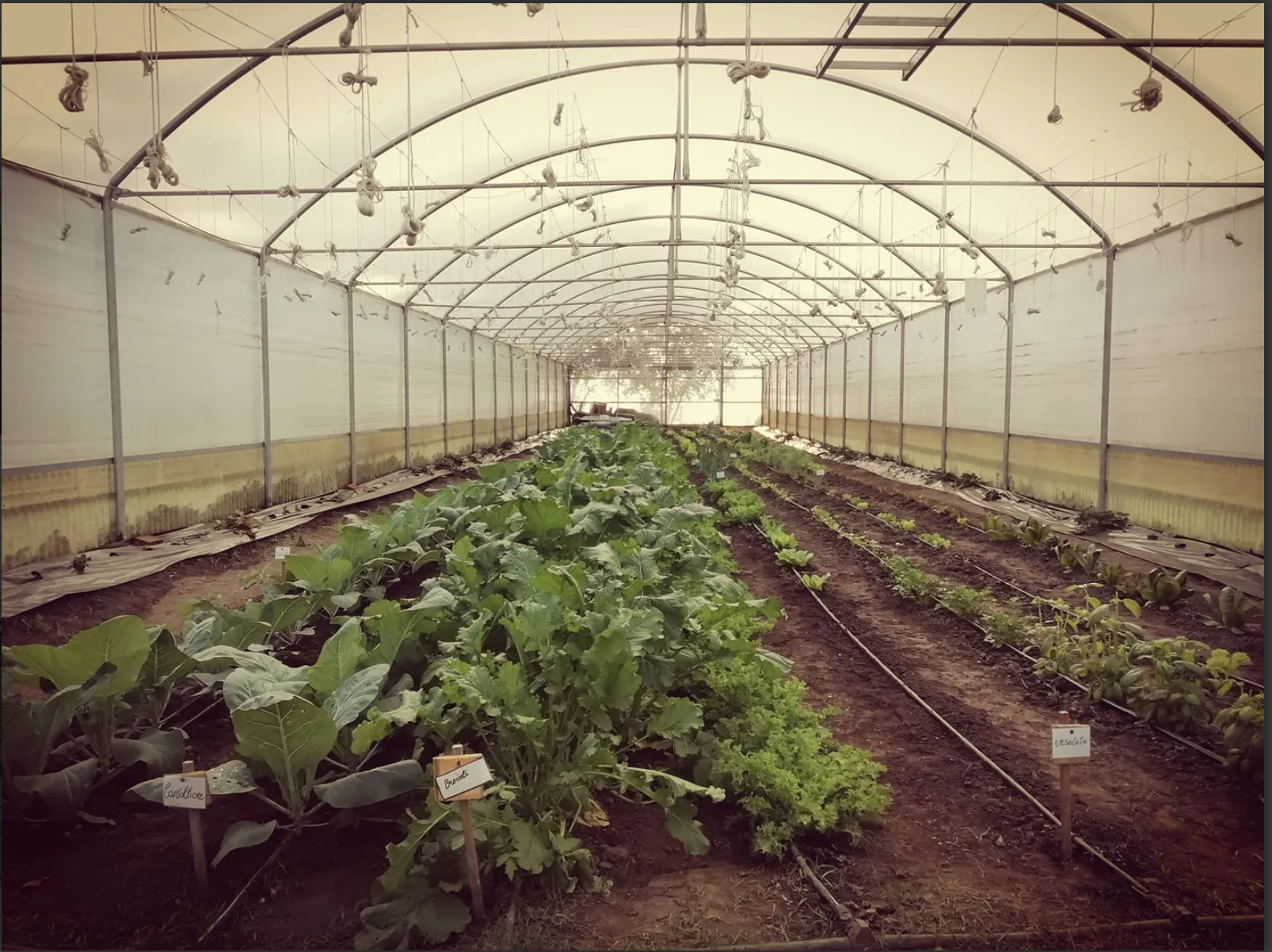
Caffè dell'orto
Country:Main Subject:
Description:
When in 2009 the Social Cooperative "La Solidarietà" set up the greenhouse and created the point of sale, the realization of a project began that created the conditions for the training and inclusion first of disabled people, then of prisoners and alternative measures, as well as young people in conditions of pathological dependence.
The project combines a set of different values ranging from social integration to socio-sustainable development, up to the enhancement of social urban agriculture as an engine of social cohesion. The Orto is inspired by the theory and practice of social and organic agriculture; it has a greenhouse, an outdoor vegetable garden, and a point of sale, the "Caffè dell'Orto", a daytime and evening gathering space proposing alternative entertainment without slot machines. An ecological culture is promoted (organic production and strict compliance with rules of separate waste collection, as well as almost zero waste), as well as a place for direct sales of its products to families.
Thanks to this continuous direct contact with the public frequenting the bar, the garden, cultural events, children's parties, individuals included in personalized rehabilitation programs manage to experience continuous interaction with the community, thus realizing their full participation in all aspects of life, not just work, but also the growth of relational skills.
To date, activities are divided into horticulture, bars, disadvantaged individuals (PTRI and Free the Penalty), educational farm, and summer center. Since 2012, an inter-institutional work platform on alternative criminal enforcement to imprisonment has been active at the Orto. The platform is called "Participating in Freedom" and involves the External Penitentiary Enforcement Office of the Ministry of Justice, the House of Benevento, the Diocesan Caritas of Benevento, the Municipality of Benevento, and several third-sector agencies.
Thanks to the functioning of the platform, between 2012 and 2014, 34 people in alternative criminal measures had already worked at the Orto. In the dossier "Participating in Freedom: Stories of a Sentence Gone Well" published in July 2014, it is clear that the recidivism of individuals involved in the platform, namely the criminal relapses of individuals who had already served penal measures, had reduced by more than 75%.
Today, the Orto is animated by the Consortium of Social and Agricultural Cooperatives "Sale della Terra". The Consortium intends to invest in craft activities and allow guests from different social habitats who are following their own path to concrete a real work activity. Agricultural activities aim to defend territories and promote social cohesion, including fragile individuals in the workforce and reclaiming territories at risk of marginalization and abandonment.
Reference links:
https://www.facebook.com/caffedellortocasabetania?locale=it_IT
https://consorziosaledellaterra.it/project/orto-di-casa-betania/
SDG direct/ indirect short justification:
SDG 9 (Industry, Innovation, and Infrastructure) through the establishment of infrastructure such as the greenhouse and the "Caffè dell'Orto", fostering innovation in social integration and sustainable agriculture practices.
SDG 1 No poverty. End poverty in all its forms everywhere, helping marginalized people to be involved in activity from production to consumption
SDG 4 – Quality education: The vegetable gardens co-managed are also a pedagogical tool of education about biodiversity, food and sustainable consumption, for people in risk of emargination.
SDG 3 - Good health and well-being: The food produced in vegetable gardens is free from pesticides, making it healthier and more nutritious.
Keywords:
City:
Location:
Questions:
- What is the main purpose of the "Orto" project?
- How does the project benefit disadvantaged individuals and promote social inclusion?
- What specific activities and features does the project offer to achieve its goals?
Authors:
Agostino Cefalo for Gramigna
